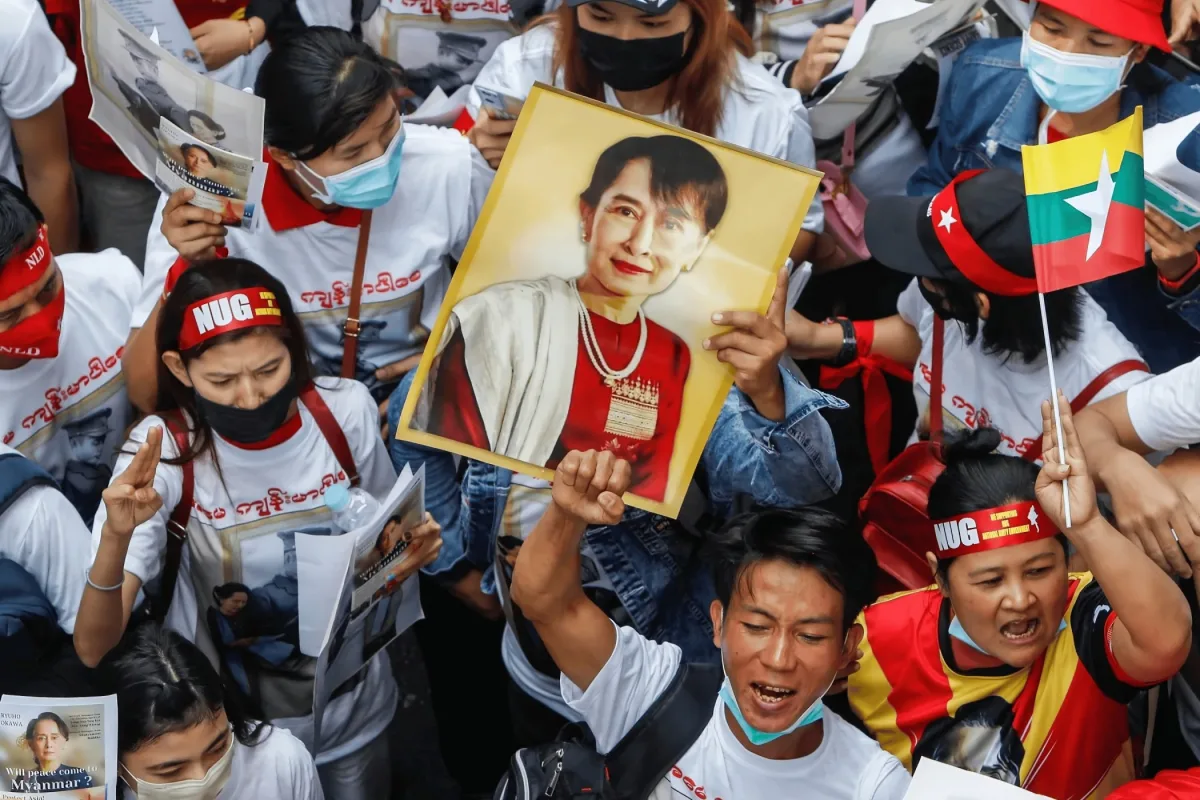Since independence from Britain in 1948, Myanmar has struggled to govern its multi-ethnic population, plagued by the world’s longest ongoing civil war between the military (Tatmadaw) and ethnic armed groups demanding autonomy and federalisation.
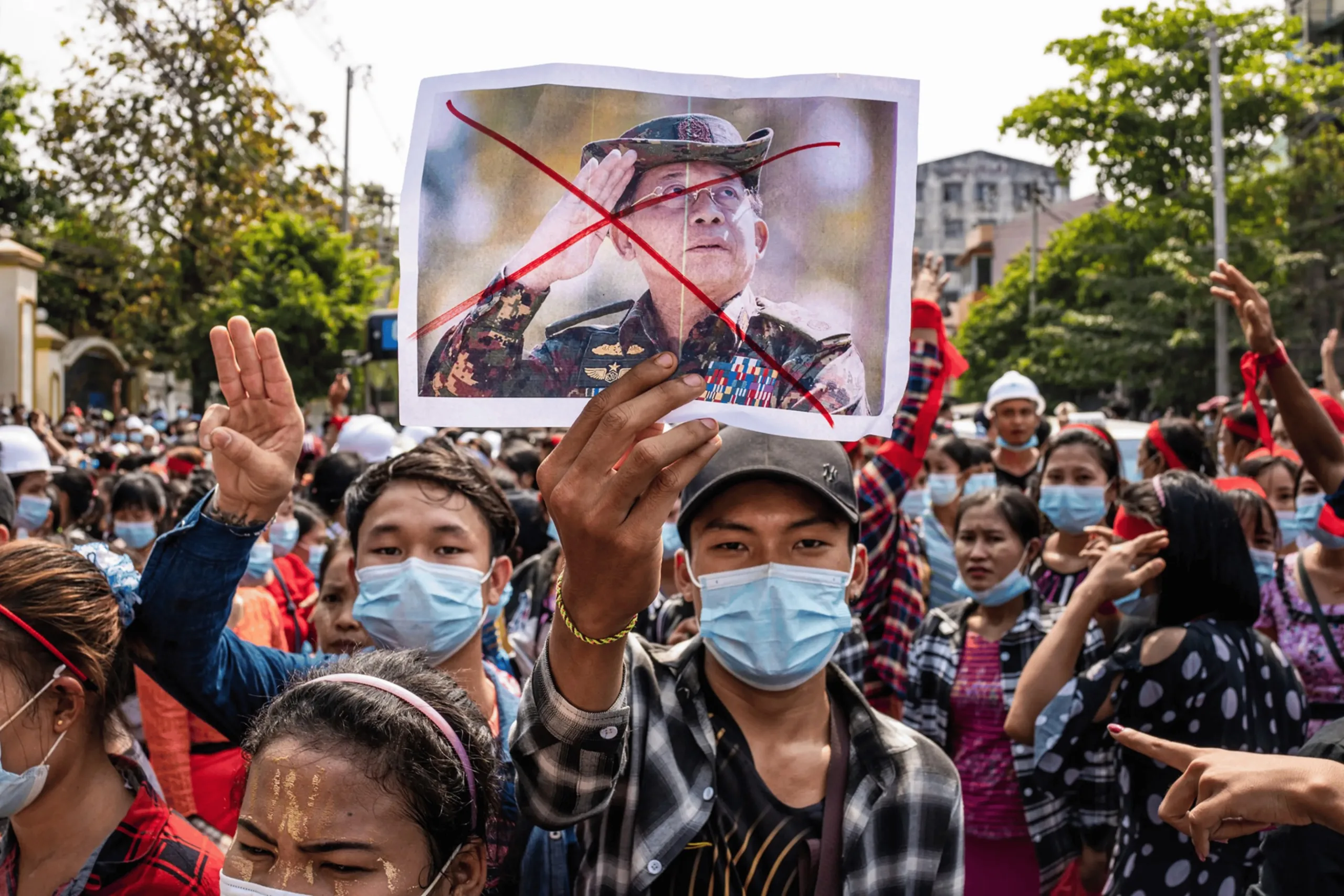
After decades of military rule, hopes for democracy rose when the National League for Democracy (NLD) led by Aung San Suu Kyi won the 1990 elections. However, the military refused to cede power. A 2008 constitution entrenched military influence, reserving 25% of parliamentary seats and control of key ministries.
The junta’s 2010 elections excluded Suu Kyi and favored the military-backed Union Solidarity and Development Party (USDP). In 2015, the NLD won Myanmar’s first competitive election, with Suu Kyi becoming de facto leader (State Counsellor) despite being barred from the presidency. Power-sharing with the military remained under the 2008 constitution, limiting reforms while ethnic conflicts persisted.
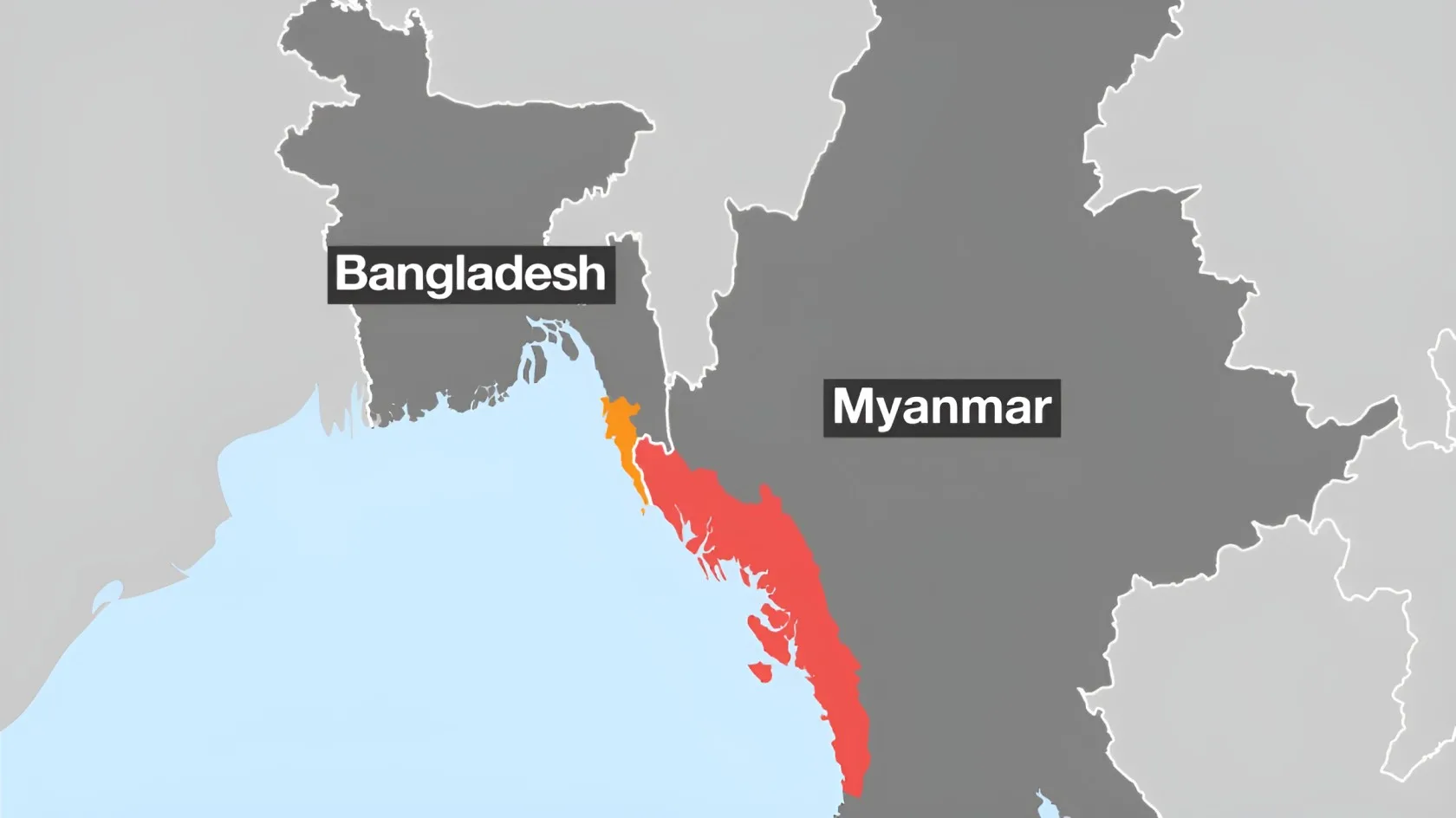
Tensions rose after a series of attacks on Rohingyas on 25th August 2017. The issues escalated in the Rakhine state, between the Muslims and the Buddhists. This period was not favourable for the people of Myanmar, and especially women. Many had to leave, and some are still suffering.
Here are the stories of five women, who have escaped their home country, in order to find peace and a new home.
Lucky Karim
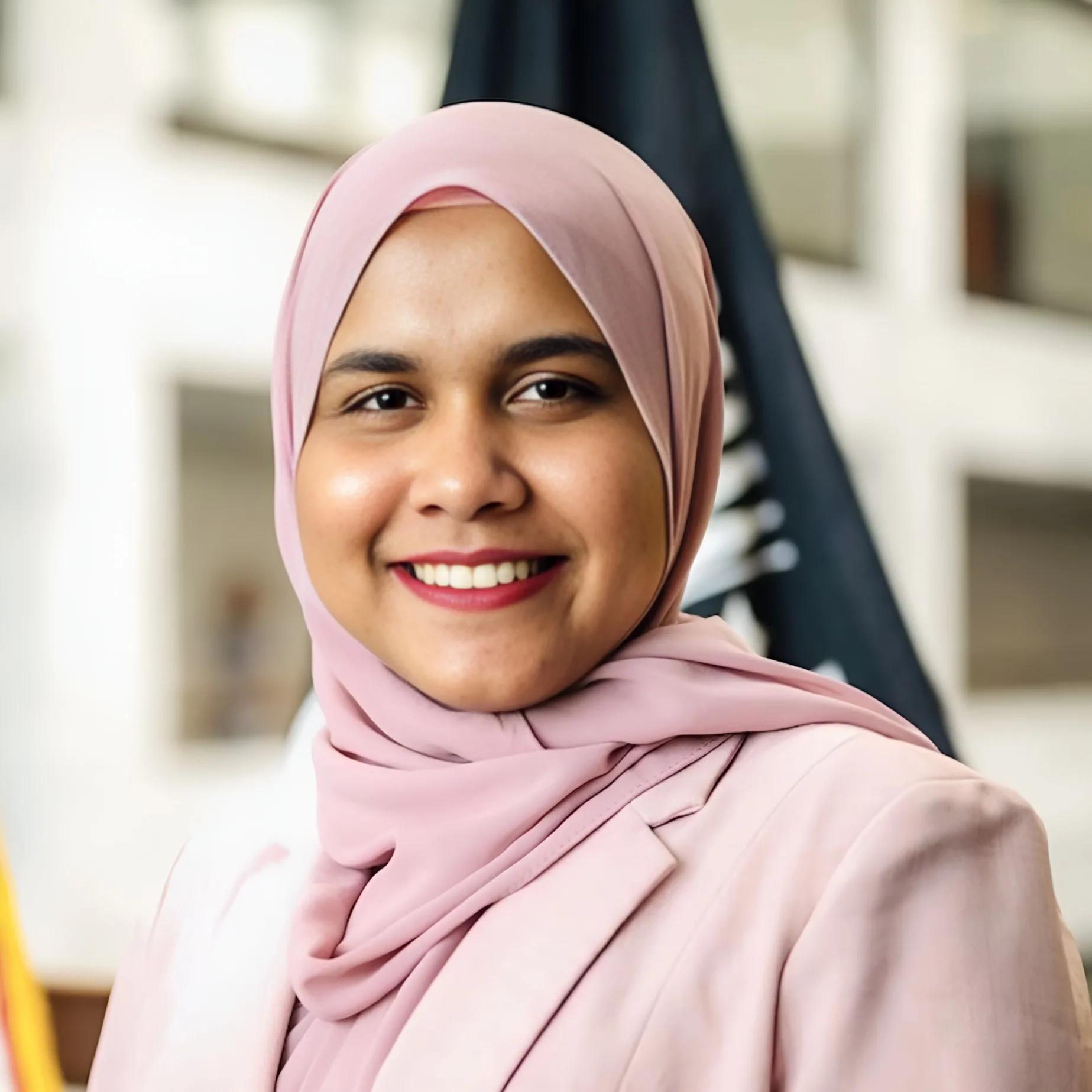
Lucky Karim, a 20-year-old refugee and activist. Lucky has had a tough ride from Myanmar to the United States of America. She was fourteen years old when her family was forced to flee their houses, due to the 2017 ethnic cleansing in Myanmar.
It was difficult, as during the journey Lucky, her siblings- two younger brothers, and her mother were separated from their father. It was after two years that they re-united. As the eldest in the house, Lucky had huge responsibilities on her shoulders. She had to make sure that her mother, and brothers received everything at the camp.
But life was not easy at the refugee camp. Language was the biggest barrier. A very few people could speak Rohingya, Bangla and English, which made it difficult for them to communicate their needs to the NGOs. But Lucky started to learn English and Bangla through Youtube. She read the writings of Michele Obama, and she inspired her a lot.
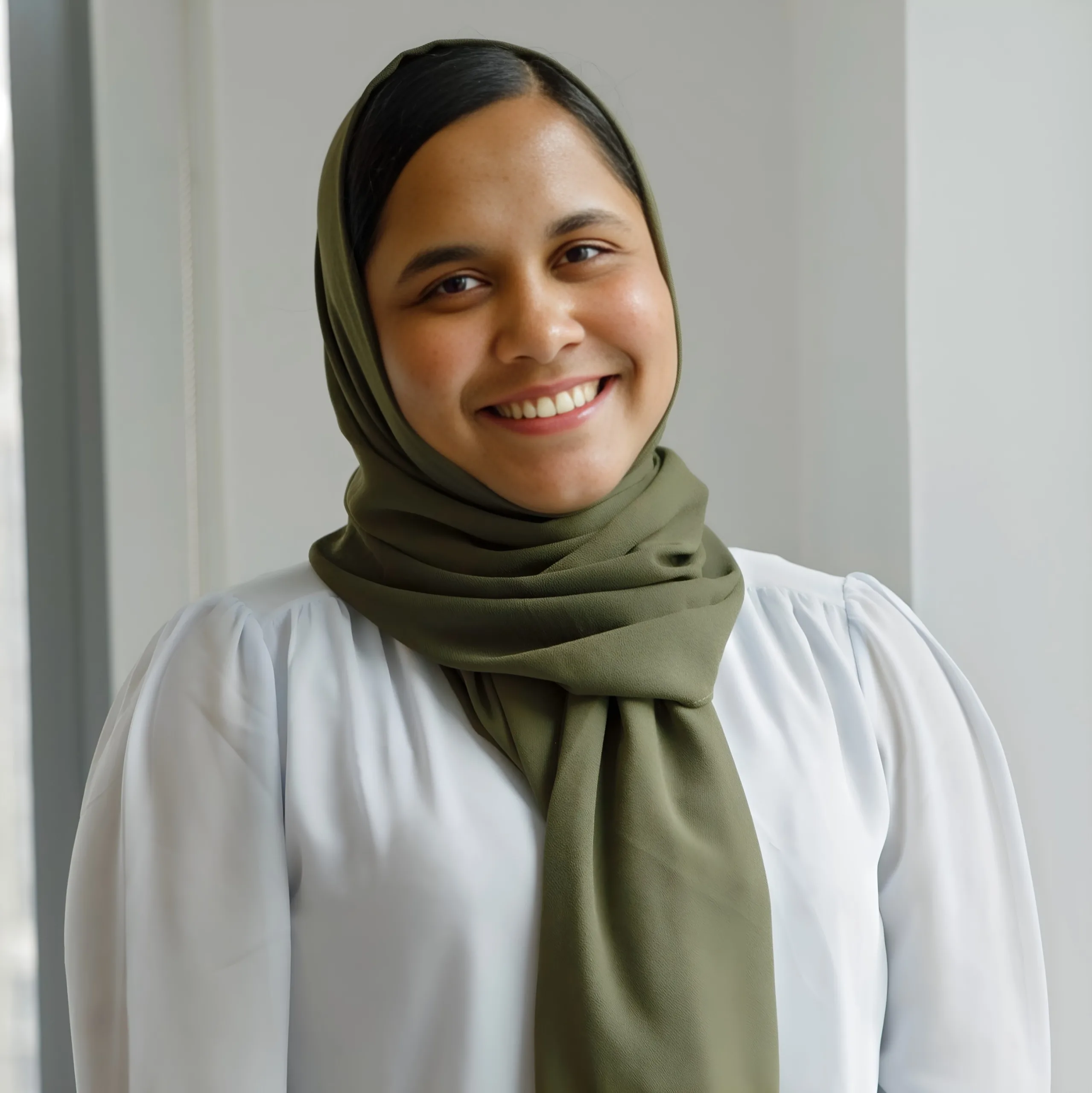
She visited door to door, to learn about the needs of people, be it food, clothing or sanitary needs for women. She also worked towards providing basic education to women and young girls. Her motive was to make sure that they can read and write their name. This was a smart step as it helped them in documentation and also made it easy to receive ration.
At the age of fourteen, she was sitting with the people at the UNHRC table, and talked about the services that should be provided to the Rohingyas. In 2019, she earned a scholarship by the Asian University for Women in Chittagong, Bangladesh. Here, also she balanced both her education and work at camp. She says, “Young refugee girls should be encouraged by her journey, and should believe that they can achieve anything they set their mind to.”
In the year 2022, news arrived at Lucky’s door. She was invited to settle with her family in the United States of America. With this, her family became the 1st Rohingya family, who escaped 2017 brutal genocide attacked and re-settled in the U.S.
Lucky Karim called on the U.S. government to improve protections for refugees in the Cox’s Bazar District refugee camps in Bangladesh and support the right to nationality for Rohingya in Myanmar. She still keeps in touch with her Rohingya roots, which she mentions in her memoir, Born Lucky.
Dildar Begum
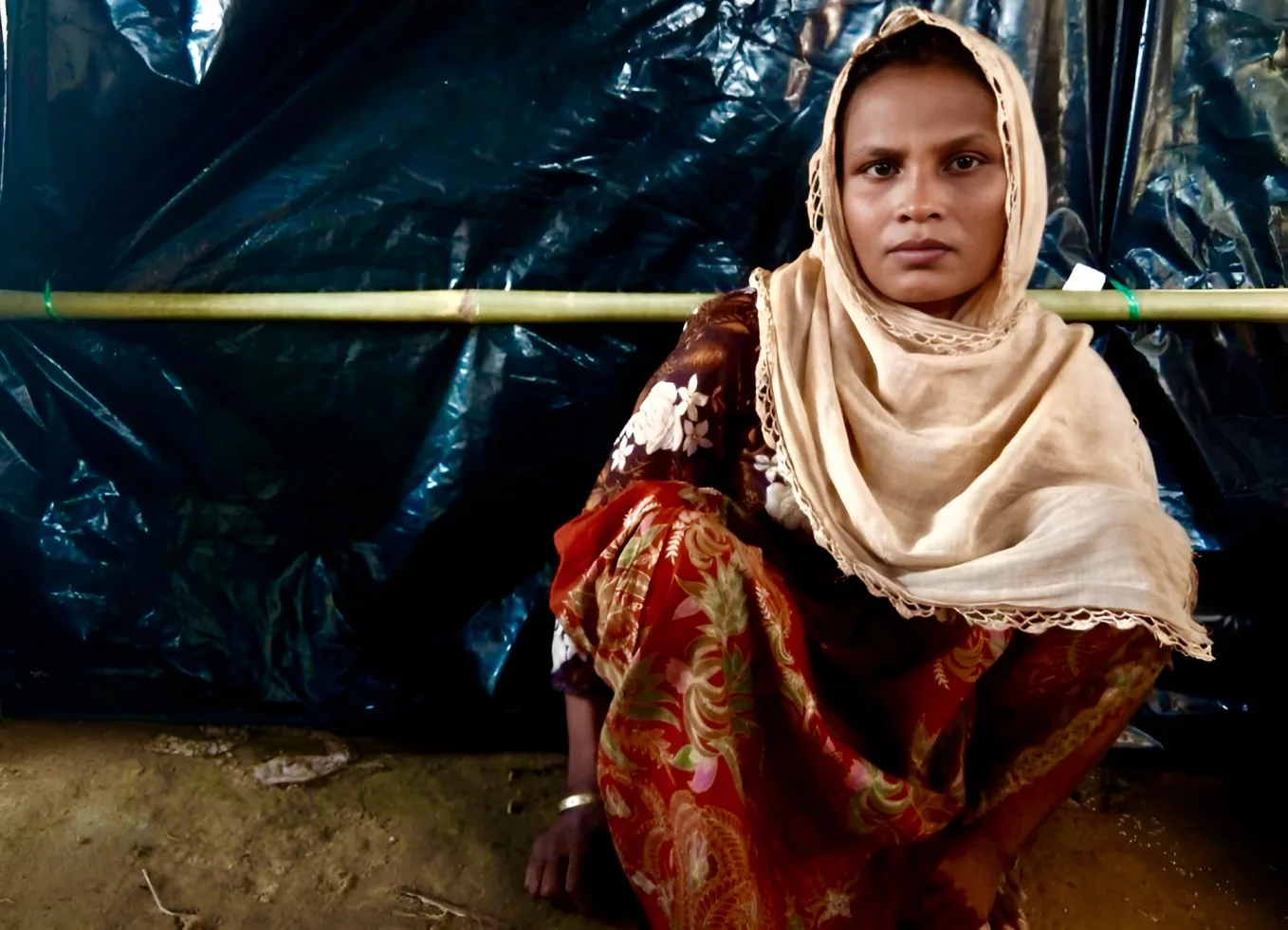
Dildar Begum, is a 30 year-old housewife, with a handicapped husband. Out of her six children, only four have survived, as two could not complete the journey. She recalls how her neighbour came into her house and told her about the activities of the Myanmar forces. They were running an operation, where their focus was on killing Rohingyas, and it included burning houses, and raping women. At that time, her only hope was to flee to Bangladesh.
As she started packing, the militants came into the neighbouring houses, and started looting. To avoid being killed, her family fled towards the jungle, to find a way to Bangladesh. They trekked for fourteen days. For the journey, she had kept some biscuits, but that was not enough for everyone.
By the seventh day, her 45-days old twins, died in her arms. She was too weak and hungry to breastfeed them. They were dying of hunger, and the continuous rains made them cold. She buried the kids near a paddy field.
While crossing the border, they got on a Rickety boat for 200 Bangladeshi Taka (₹ 141.77), and entered Bangladesh. Today she sleeps under an open sky, with her family and thousands of others in a refugee camp. The living situation of migrants is precarious in Bangladesh.
Daw Aye
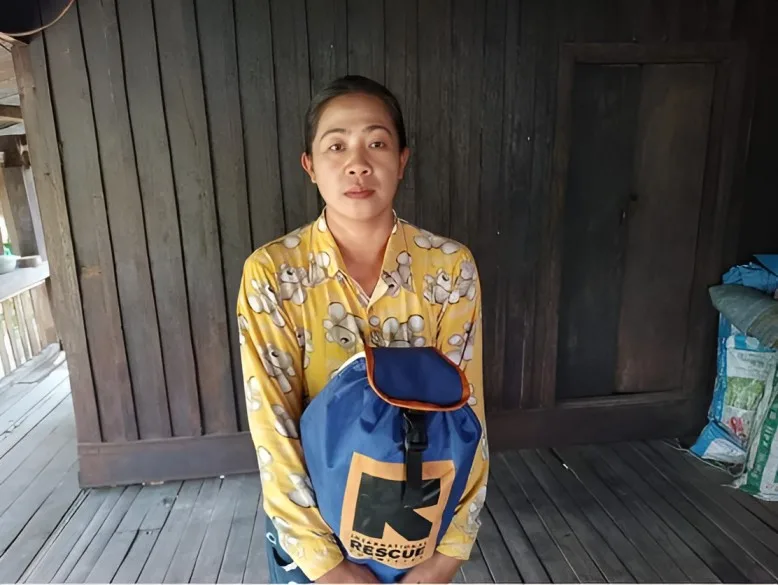
A country like Myanmar can be a constant threat to the lives of the people who are living there. Daw Aye says that living in Myanmar was difficult for her, as the whole family was dependent on agriculture to make ends meet. But as the fighting escalated, the basic needs were also not met, which left her with no option but to leave. After travelling, sometimes through land and sometimes through township boats, she managed to reach Thailand.
She found refuge in a Monastery, stayed with many people like her, who were in dire need of basic amenities. She could only leave home with only two pairs of clothes. She was unable to carry money as well.
She talked about times of crisis, and how they bring the most risk to women and young girls. They face gender-based-violence, no basic requirements are fulfilled, and also get less opportunities to earn as compared to men.
Today she is under the watch of the International Rescue Committee, which is working towards combating gender inequality and unequal services for girls. She also suffered from anxiety and stress. She carries emotional trauma, and fear of leaving behind.
Even after all these years, Daw Aye holds hope for a more stable future. She dreams of returning and living with her family.
Razia Sultana
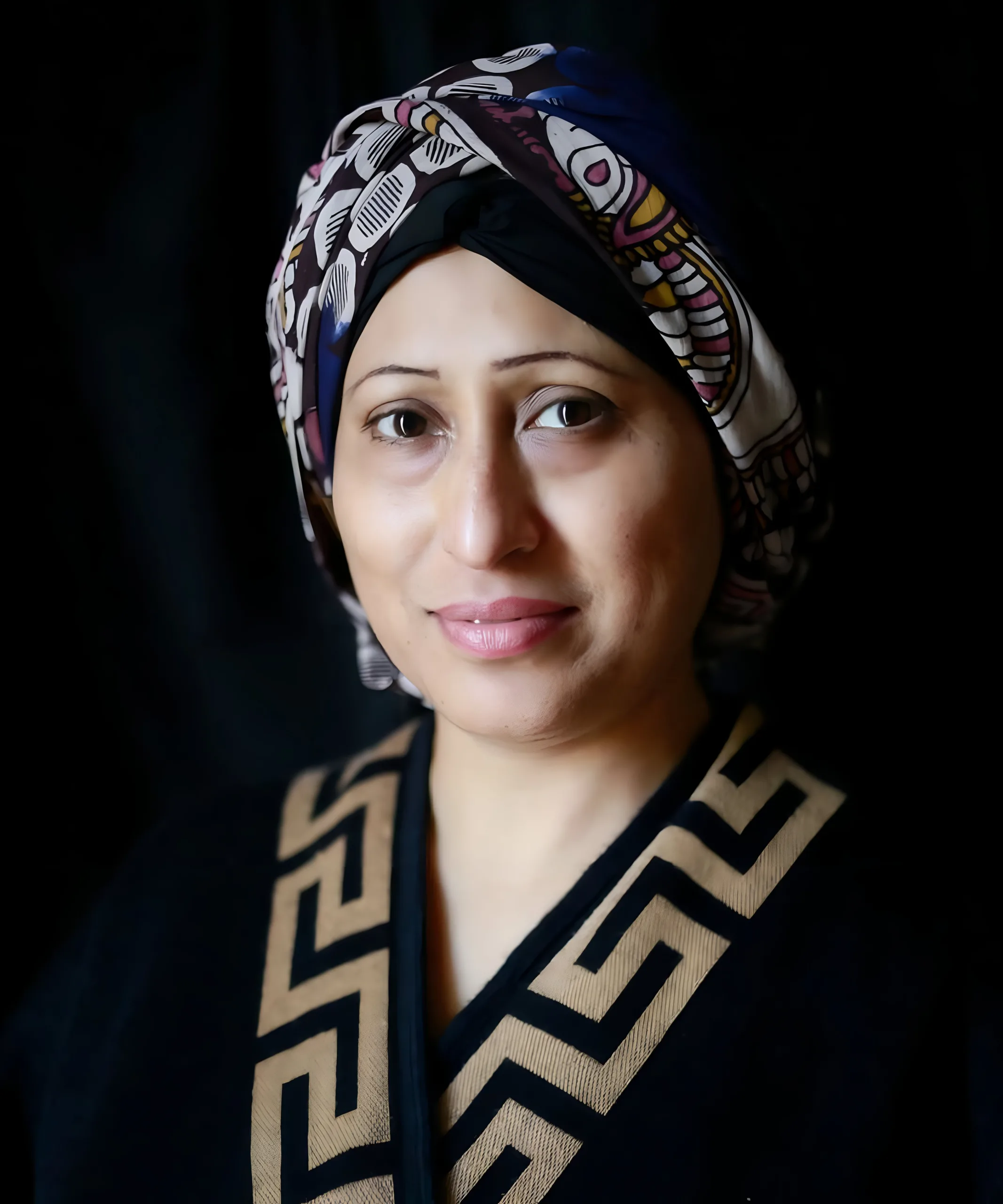
Razia Sultana, was born in 1973 in Maungdaw, Myanmar in a Rohingya family. Today she is 52 years old, a lawyer, an educator and an activist. She was born in Myanmar but raised in Bangladesh, her parents migrated to Bangladesh from Myanmar (then Burma) in the 1960s. After 2017, many Rohingyas started to flee Myanmar, due to the operations run by Myanmar forces.
She is a Rohingya herself, so working with these migrants became a bit comfortable for her and them as well. She has worked as a coordinator for the Free Rohingya Coalition and also as a Director of the Arakan Rohingya National Organisation (ARNO). Her organisation RW Society, encourages thousands of female refugees to know their rights and fight gender based violence. She talked about how women fought hesitation, societal pressure, and then opened up about their stories of rape and harrassment.
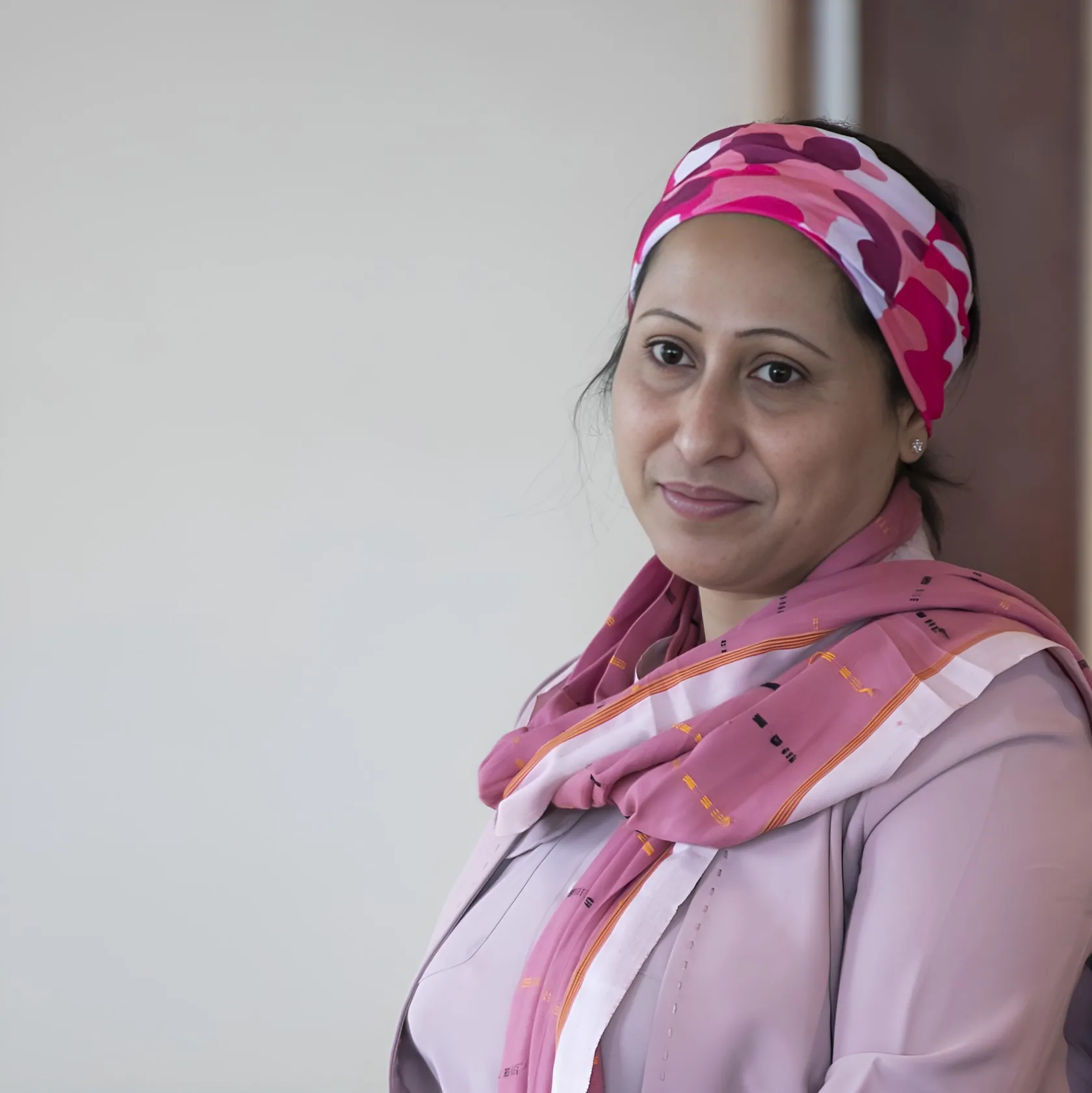
About life at the camps, she says that no financial support is provided to the people, and they are also not allowed to start livelihood activities. In 2022, school shut down for Rohingya kids and after that no effort has been made in the education sector.
She has won the International Women of Courage Award in 2019. She is also running a Psychological Resilience Programme since 2017. She says, every single person – men, women and children, who have forcibly left their houses, have been traumatised. They are scared to go out, women usually stay inside. Even after these efforts, she feels pain that women are not safe in camps during the night.
Yasmin Ullah
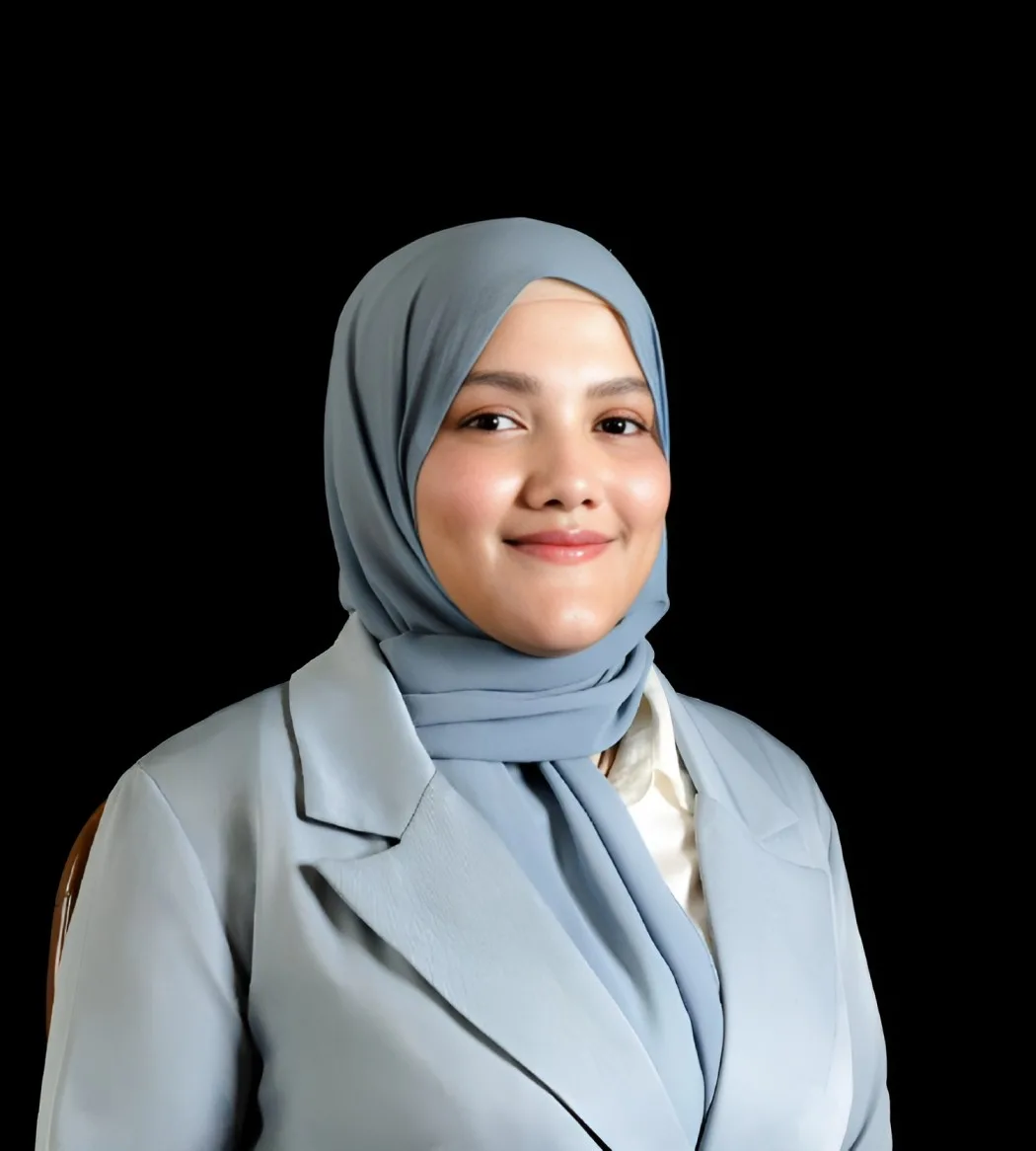
Yasmin Ullah, a rohingya feminist, an author, poet and a social justice activist. She was born in the Northern Akakan of the Rakhine State, Myanmar. Her family fled the country in 1995, and remained as a refugee in Thailand till 2011. Yasmin talks about how difficult it was for her family to leave their house, and stay as a refugee for 16 years. She says, “We stayed there almost illegally.”, but at that time she didn’t know that statelessness is illegal in itself.
For the life she had today, she thanks her mother. She thanks her for saving her from all the heartaches. She thanks her because she took her into a ship where military men were ready to kill her. She went through all this struggle only because she wanted to educate her.
In Thailand, they lived in refugee camps, and from there at her grandparents’ house. Her mother was adamant about educating her daughter, that they got forged documents, only for Yashmin to study. Yasmin talks about how difficult it was for her when her name was called out in schools, and also when they were stopped at police checkpoints.
In 2011, Canadian Missionary and Church Group sponsored Yasmin’s family to settle in Canada. This was a huge relief for them. Everything changed for Yasmin in 2017, when military activities in Myanmar forced Rohingyas to leave their homes. This became a reason why Yasmin started to work for the Rohingyas. She worked towards raising awareness, organised protests, engaged with journalists, and attended various TV and radio shows.
Yasmin’s work with the Rohingya Human Rights Network was instrumental in encouraging the Canadian Parliament and government to recognise Myanmar’s military crackdown against Rohingya’s as “Genocide”.
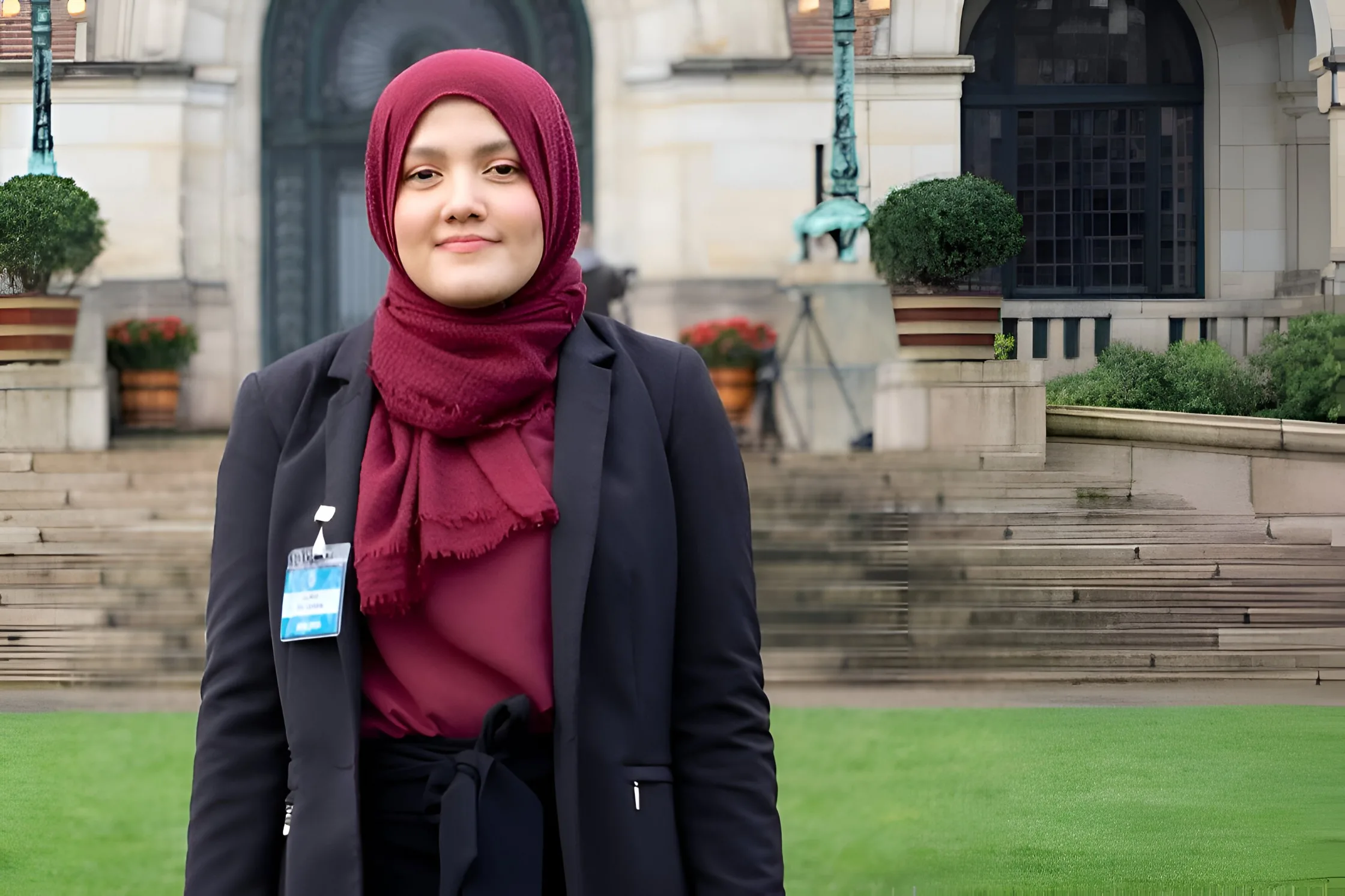
These women are survivors of a ruthless regime, which is breeding hatred in the world. Today women and children in Myanmar are fighting for not just their homes, but also for citizenship. The United Nations and various NGOs are fighting for their fundamental rights, but the people are still living in despair. Those in refugee camps are struggling for a stable life, and those in Myanmar, are struggling for a stable government.

